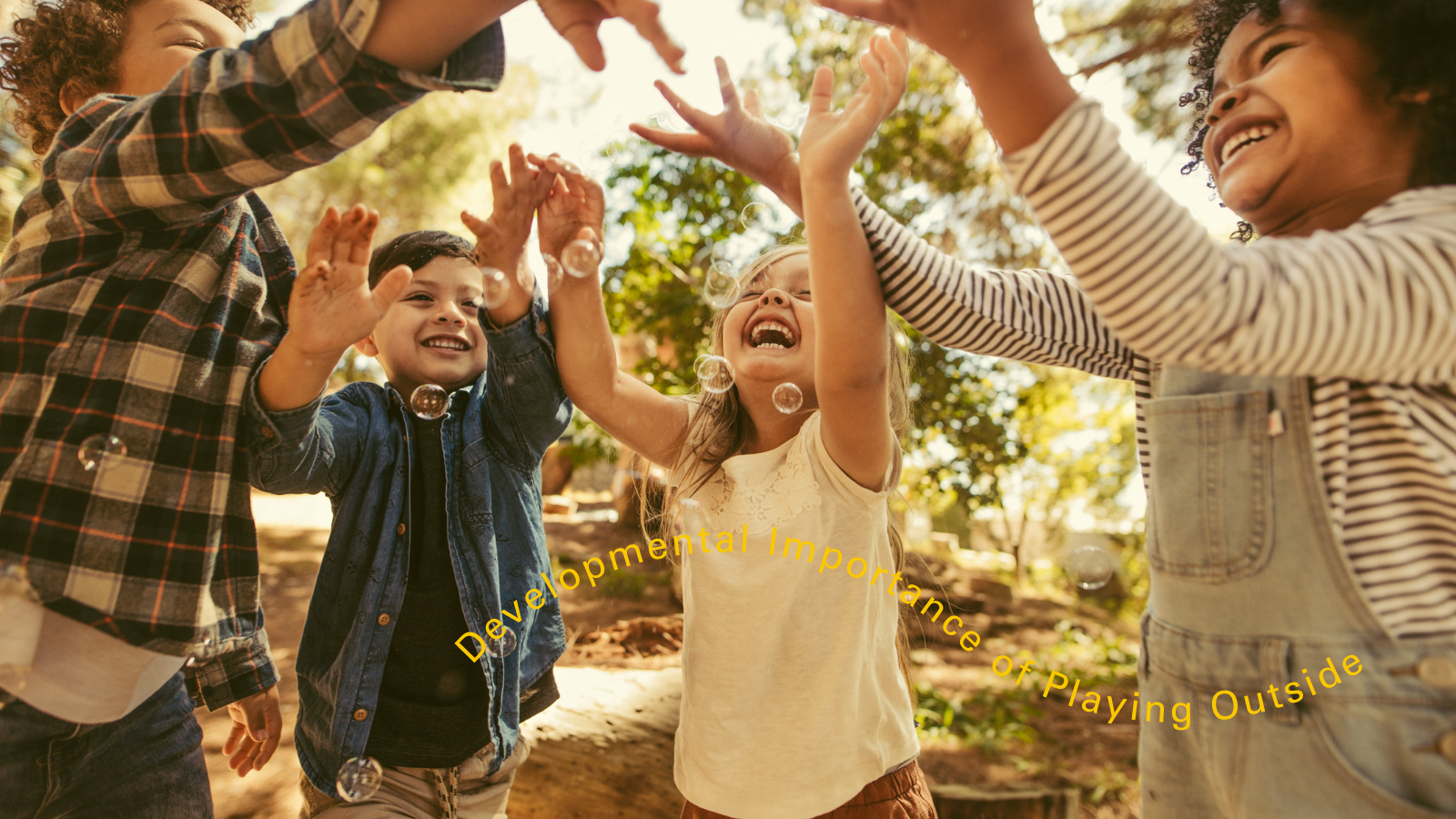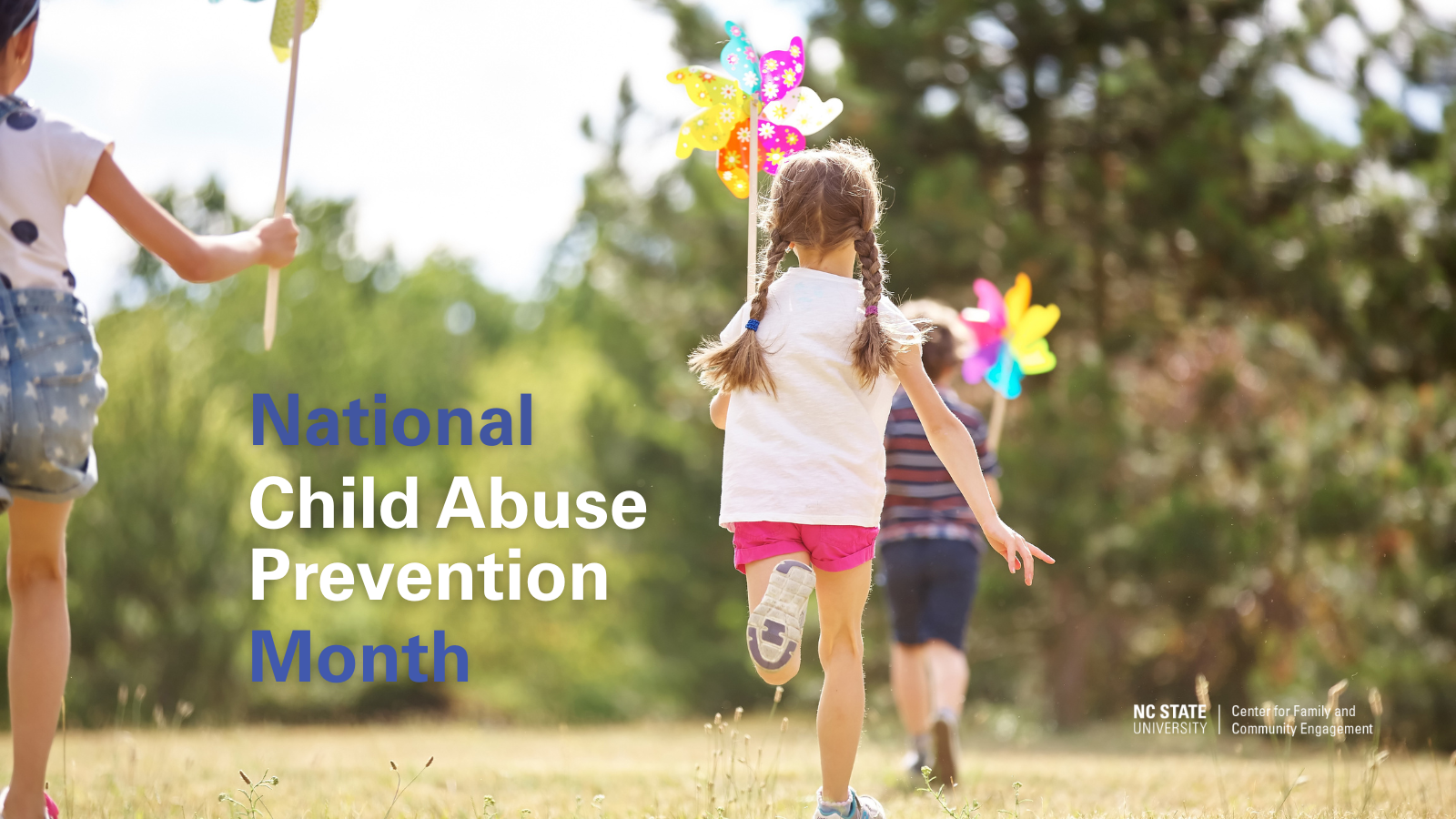The Developmental Importance of Outdoor Play for Children
Outdoor play is important for healthy child development, influencing physical health, cognitive growth, social skills and emotional well-being.

As temperatures rise and days lengthen, children naturally gravitate toward outdoor environments, eager to explore, play, and engage with the world around them. This seasonal shift offers more than just a chance to burn off energy; outdoor play is a cornerstone of healthy child development, influencing physical health, cognitive growth, social skills and emotional well-being. (Kinsner, 2019).
The Benefits of Outdoor Play
Physical Health Benefits
Outdoor play inherently encourages physical activity, which is vital for developing strength, coordination, and overall health. Activities such as running, climbing, and jumping not only enhance motor skills but also contribute to cardiovascular fitness and muscle development. Moreover, increased time spent outdoors has been linked to lower obesity rates and a reduced risk of nearsightedness in children. Exposure to sunlight during outdoor play also facilitates the production of vitamin D, essential for bone health and immune function (Lucchetti, 2023).
Cognitive Development
The unstructured nature of outdoor play stimulates creativity and problem-solving abilities. Children invent games, navigate obstacles, and interact with diverse elements in their environment, fostering flexible thinking and adaptability. Research indicates that such play experiences can lead to improved attention spans and cognitive functioning (Boztas, 2025). For instance, children who engage in outdoor activities often show enhanced performance in science and mathematics, as real-world interactions solidify abstract concepts learned in the classroom.
Social and Emotional Growth
Playing outside provides children with opportunities to interact socially, helping them develop essential communication and collaboration skills. Through group play, children learn to negotiate rules, resolve conflicts, and empathize with peers. These interactions are foundational for building healthy relationships and emotional intelligence. Furthermore, outdoor play has been associated with reduced stress levels and improved mood, contributing to overall mental well-being.
Connection to Nature
Regular exposure to natural environments fosters a sense of appreciation and stewardship for the environment. Children who play outdoors are more likely to develop a lifelong affinity for nature, understanding the importance of ecological conservation. This connection not only enriches their personal lives but also cultivates responsible future citizens who value and protect natural resources (Glassy & Tandon).
Encouraging Outdoor Play
To maximize the developmental benefits of outdoor play, consider the following strategies:
- Create Safe Play Spaces: Ensure that outdoor areas are safe and accessible, with appropriate equipment that encourages exploration and physical activity.
- Incorporate Nature-Based Learning: Engage children in activities like gardening, nature walks, or wildlife observation to blend play with educational experiences.
- Limit Screen Time: Encourage children to balance digital entertainment with outdoor activities, promoting a healthier lifestyle and reducing sedentary behavior.
- Model Outdoor Engagement: Participate in outdoor activities as a family to reinforce the value of nature and physical play (Dean, 2025).
Embracing the warmer weather as an opportunity for children to engage in outdoor play is not merely a seasonal pastime but a vital component of their holistic development. By prioritizing time outside, we support our children’s physical health, cognitive growth, social skills and emotional well-being, laying the foundation for a balanced and fulfilling life (North, 2024).


